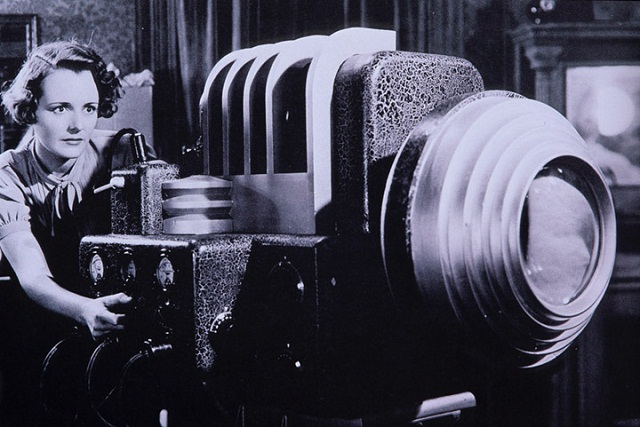Oakland authorities are repurposing federal anti-terrorism money to create crime-fighting initiatives based on Big Data. The changes will be so subtle, you’ll hardly notice a thing. From Somini Sengupta at the New York Times:
“Libby Schaaf, an Oakland City Council member, said that because of the city’s high crime rate, ‘it’s our responsibility to take advantage of new tools that become available.’ She added, though, that the center would be able to ‘paint a pretty detailed picture of someone’s personal life, someone who may be innocent.’
For example, if two men were caught on camera at the port stealing goods and driving off in a black Honda sedan, Oakland authorities could look up where in the city the car had been in the last several weeks. That could include stoplights it drove past each morning and whether it regularly went to see Oakland A’s baseball games.
For law enforcement, data mining is a big step toward more complete intelligence gathering. The police have traditionally made arrests based on small bits of data — witness testimony, logs of license plate readers, footage from a surveillance camera perched above a bank machine. The new capacity to collect and sift through all that information gives the authorities a much broader view of the people they are investigating.
For the companies that make big data tools, projects like Oakland’s are a big business opportunity. Microsoft built the technology for the New York City program. I.B.M. has sold data-mining tools for Las Vegas and Memphis.”



